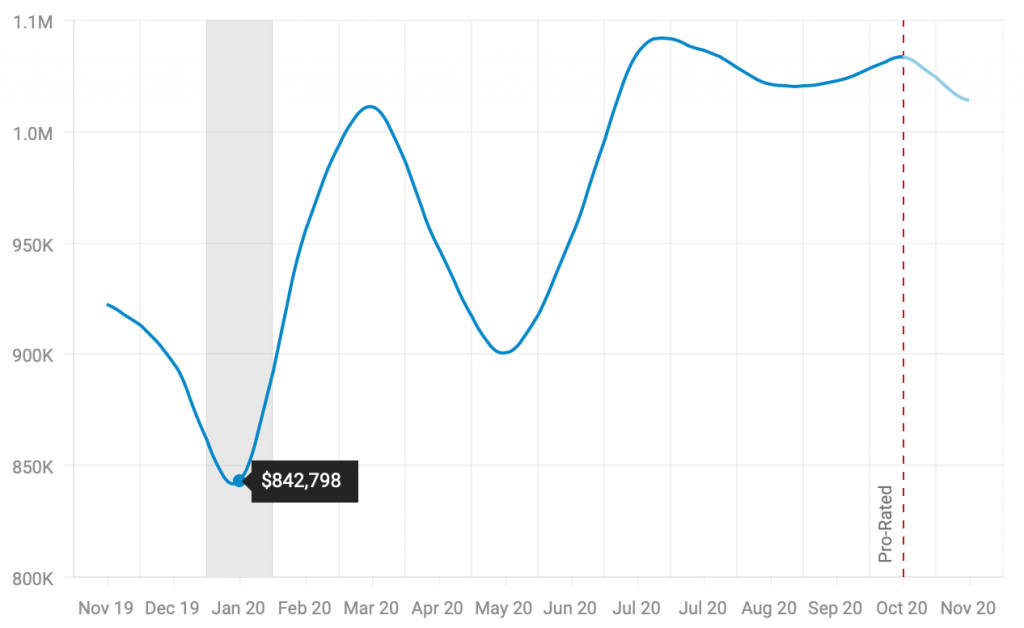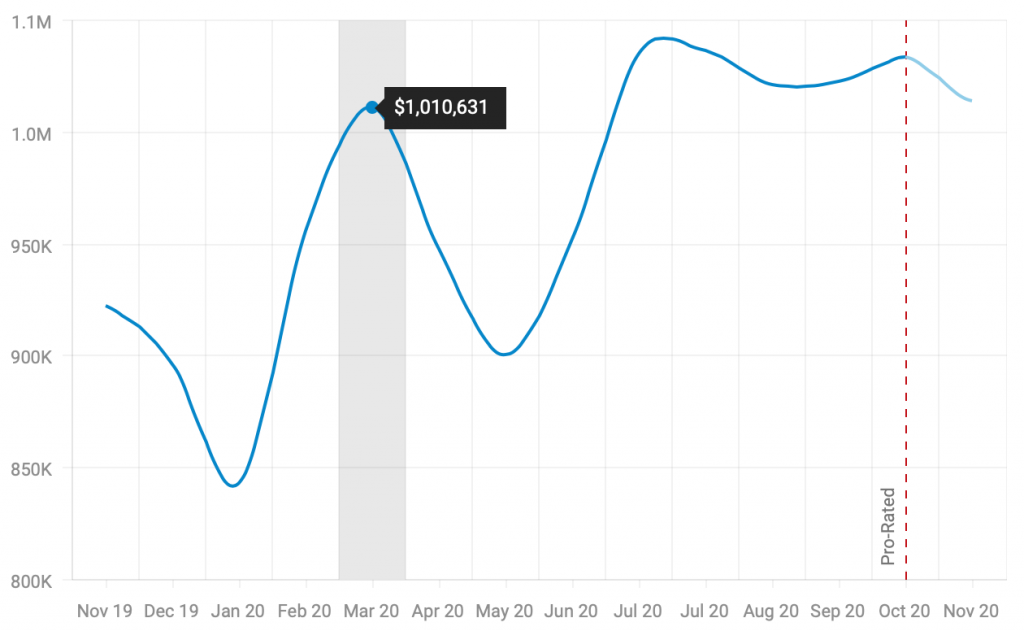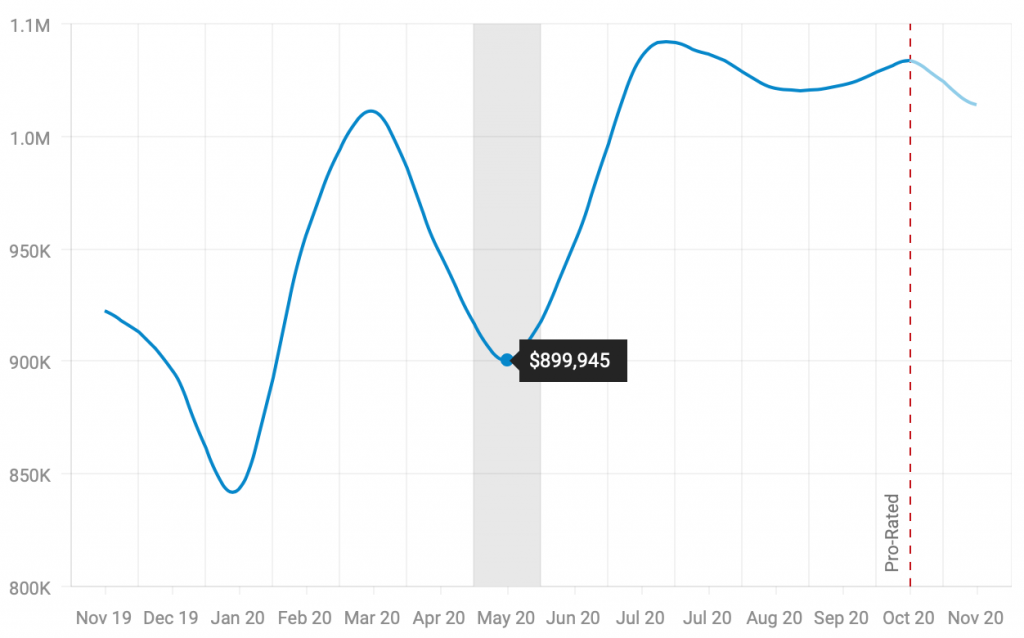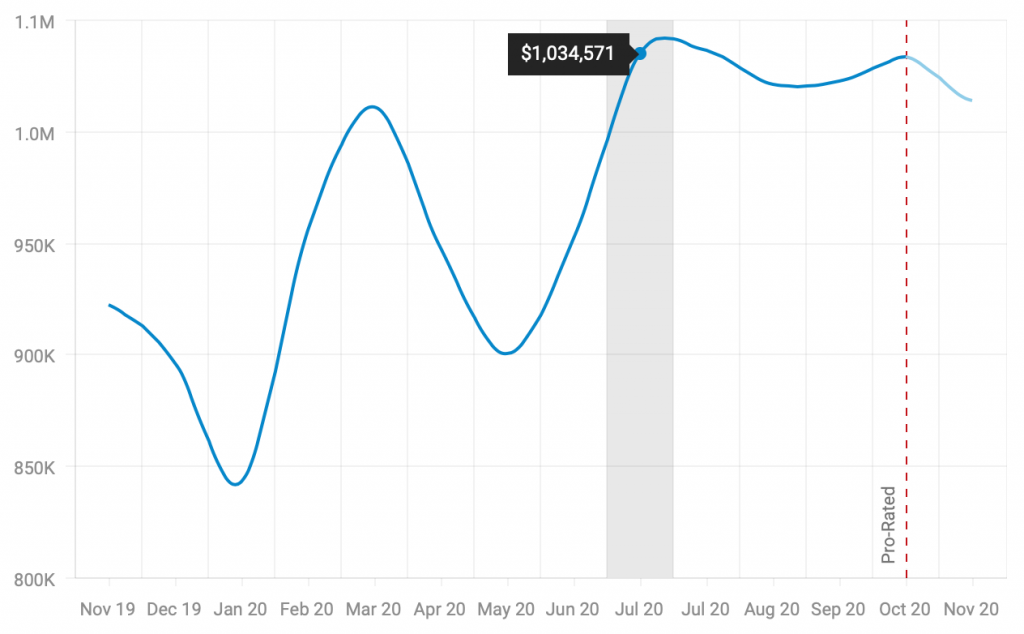In Economics, there are Macro Economics and Micro Economics.
Macro Economics is the study of the economy, interest rates, inflation, money supply, fiscal policy, monetary policy, recessions, GDP growth, employment, etc.
Micro Economics is the study of decisions made by people and businesses regarding the allocation of resources, and prices at which they trade goods and services.
Similarly, there are different types of investors. I refer to them as Macro and Micro investors.
Macro investors trade in currencies, commodities and ETFs that track the broad market, such as the Dow, S&P 500, Nasdaq, TSX, FTSE100, etc., which are heavily influenced by the economy. They invest in banks, which are heavily influenced by interest rates. They invest in oil companies, which are heavily influenced by oil prices. They invest in cargo shippers, which are heavily influenced by the economy or international trade. They invest in gold miners, which are heavily influenced by the price of gold. They invest in mineral miners, which are heavily influenced by the economy. They invest in real estate, which are heavily influenced by government manipulation, such as CMHC, interest rate, RRSP mortgages, Cash for Caulkers, etc.
A common factor for Macro investing is that the investments are heavily influenced by external factors, such as the economy, interest rates, etc.
Micro investors invest in businesses.
Micro investors focus mainly on the business, its strength, weaknesses, opportunities and threats (SWOT). What is the competitive advantage (moat)? Why will the business continue generating and growing its revenue? Is it spending on capital expenditures (capex) so that it can grow? Is it spending on research and development (R&D) to create new products or services? Does it have good and honest management? Is it improving efficiencies and growing profit margins?
A common factor for Micro investing is that the investments are heavily influenced by internal factors, such as the company’s strength and weaknesses.
There are external and internal factors to both types of investments, but external factors have more weight to Macro investing and internal factors have more weight to Micro investing.
So, why choose Micro over Macro investing?
Because it is easier to predict the change and effect of internal factors than external factors. As an example, if a business came out with a new, revolutionary phone like Apple did in 2007, it is easier to see how this will increase Apple’s revenue. It is very difficult to predict how currencies, interest rates, government or the economy are going to change. It is very difficult to predict how OPEC is going to change oil prices. For some people, they might as well flip a coin. When Tesla came out with cars that are superior in almost every way to almost every car in the world, it is easy to predict that they will grow and have a prosperous future. How confident are you with your prediction about the direction of interest rates?
Macro investments have less control over their destiny. Houses cannot increase their value on their own. They need population growth and the government to keep interest rates low and to continue their price-boosting manipulation, such as insuring mortgages so that banks will lend out more mortgages, capital gains exemption, etc. Gold miners are at the whim of gold prices, which they have no control over. If you invest in an ETF that tracks the broad market, you are essentially betting on the economy and your ETF is at the whim of the next recession.
Micro investments have more control over their destiny. They care less about recessions. They build more factories to grow. They create new products, like Acuity Ad’s Illumin, Enphase’s grid-independent IQ8 or Tesla’s Cybertruck, to get more customers and generate more revenue. They expand to other countries, like Roku is doing.
This is not to say that you ignore external factors. The industry is still very important. Is the business in a growing or stagnant industry? Is the stock market in a bubble or over-sold? Is a pandemic coming around the corner?
It is possible to make money in either Macro or Micro investing. But it is easier, or less difficult, to make money in Micro investing. The empirical evidence supports this. There are rich Macro investors, such as Jim Rogers. However, the majority of the richest investors are Micro investors, such as Warren Buffett and Peter Lynch. Warren Buffett had said that he wouldn’t care if the Federal Reserve chairman whispered in his ear on what the interest rate will be next month. It would make no difference to how he invests.
Most of the business news on CNBC, Reuters and Bloomberg are only relevant to Macro investors. Micro investors can ignore most of it and save a lot of time, to spend on researching businesses, most of which will not be covered by business news outlets.
Macro investors are not necessarily bears, but in my opinion, most perma-bears are Macro focused. It is easy to be drawn into CNBC, Reuters and Bloomberg, which make money by getting viewers. Pushing greed and fear gets viewers. On a minute-by-minute basis, even on a weekly basis, the stock market is relatively uneventful. But, CNBC plays movie-like suspense music to keep you on the edge of your seat. Fearful viewers are bears. If bears are able to be Micro focused, they will transform into bulls.
When you buy most mutual funds or ETFs, you are Macro investing. This is because they hold so many stocks or securities that you are essentially betting on external factors.




